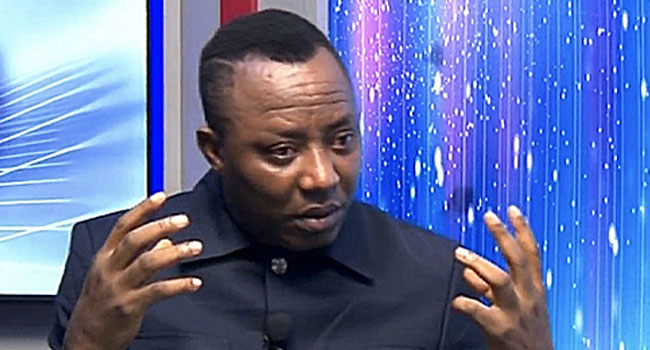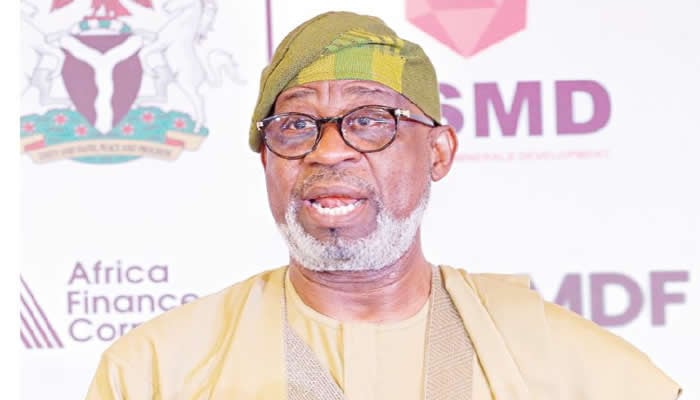The Federal Government on Thursday commenced a thorough investigation into the mining tragedy in Zurak community of Wase Local Government Area of Plateau State, where at least 37 miners were confirmed dead and 25 others hospitalised.
The Minister of Solid Minerals Development, Henry Dele Alake, represented by the Permanent Secretary, Faruk Yabo, led a Federal Government delegation to the site on Thursday.
Our correspondent reports that the team also includes the Director of Mines Compliance, the Director of Inspectorate, the Director of Environmental Compliance and Special Duties, as well as other Plateau State Government representatives.
The delegation’s visit followed the tragedy that struck the mining community in the early hours of Tuesday, reportedly caused by suspected carbon monoxide and sulphite gas emissions.
Speaking after arriving at the affected site, the minister conveyed condolences to the bereaved families, describing the incident as devastating.
The minister said, “It is highly tragic for a community like this to lose more than 30 able-bodied persons. We are here on a fact-finding mission.”
He noted that preliminary information suggests the presence of toxic gases at the site, although this has not yet been confirmed.
The minister expressed disappointment over the absence of technical representatives from the licensed mining company, stressing that licence holders remain responsible for safety oversight.
He also said early security reports indicated possible non-compliance with safety regulations at illegal mining sites in the area.
The minister assured that a full investigation would determine the exact cause and help prevent future occurrences.
Also speaking at the site, the Assistant Commandant of Corps, Attah Onoja, who is also the National Commander of Mining Marshals under the Nigeria Security and Civil Defence Corps, said the tragedy reinforces federal efforts to eliminate illegal mining.
He assured that findings from the investigation would be fully enforced.
He also called for collaboration among security agencies to ensure a safe mining environment.
Plateau State Commissioner for Environment, Climate Change and Mineral Development, Peter Gwom, who spoke earlier, said mining falls under the Exclusive Legislative List but urged stronger implementation of the Mining Act 2007.
He noted that the state government is ready to collaborate with Federal Government authorities to ensure safer mining practices.
Gwom emphasised that Plateau’s mineral wealth should be a blessing rather than a source of tragedy, adding that the state has begun organising miners into cooperatives, providing training, safety gear and micro-loans to reduce fatalities.
“We have too many widows and fatherless children due to unsafe mining practices. This must stop,” he said.
Plateau State Commissioner for Information and Communication, Joyce Ramnap, conveyed condolences on behalf of Governor Caleb Mutfwang to the affected community and Wase Local Government Area.
She reiterated the importance of adhering to mining regulations and noted the governor’s earlier action suspending illegal mining activities to improve safety and regulatory compliance.
The Executive Chairman of Wase Local Government Area, Hamis Anani, commended the swift federal and state response.
Receiving the delegation on behalf of the affected families, a traditional ruler, Hakimi Bashar Aliyu Adamu Idris, expressed gratitude for the visit but lamented the humanitarian impact, noting that many women had been widowed and children left fatherless.
He appealed for government support, particularly improved road infrastructure to enhance accessibility, security and safer mining operations in the community.
punch.ng
FOLLOW US ON:
FACEBOOK
TWITTER
PINTEREST
TIKTOK
YOUTUBE
LINKEDIN
TUMBLR
INSTAGRAM































